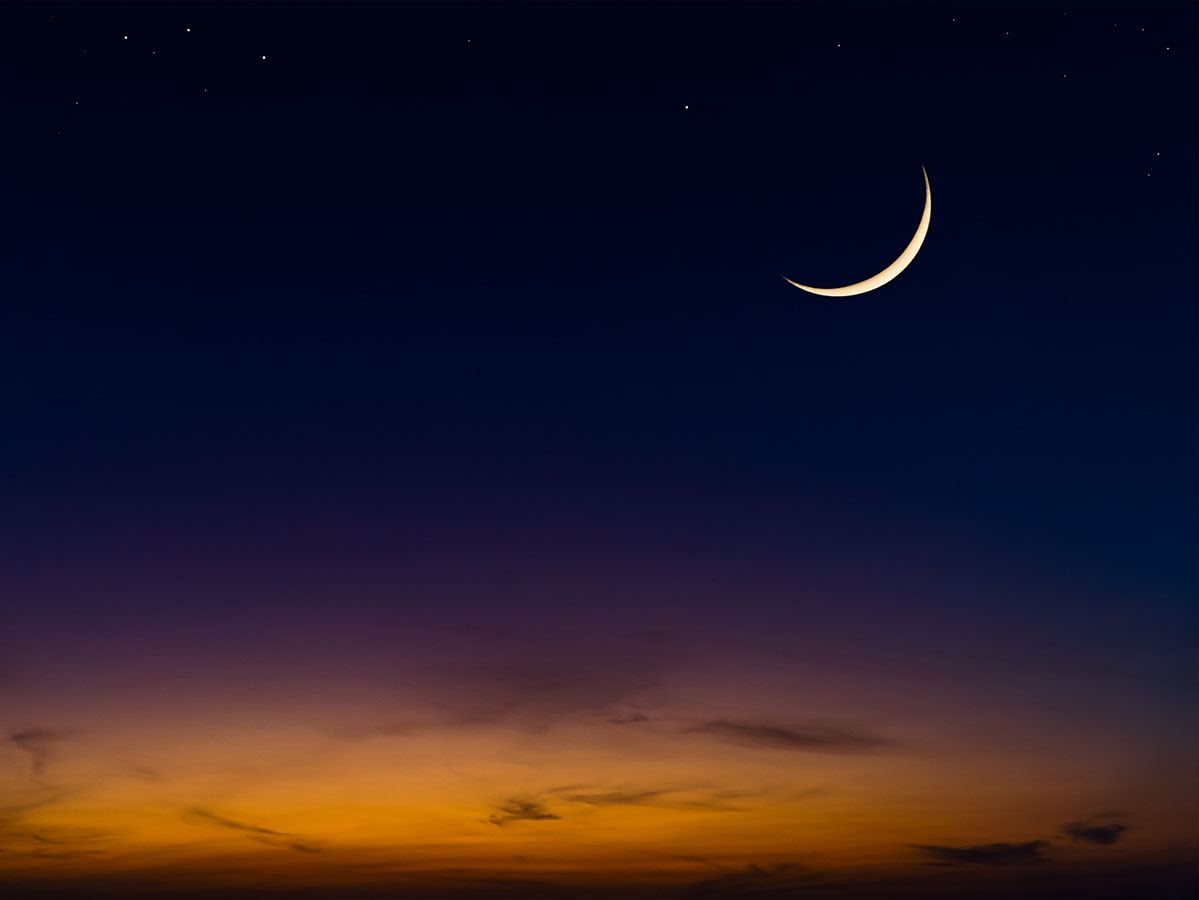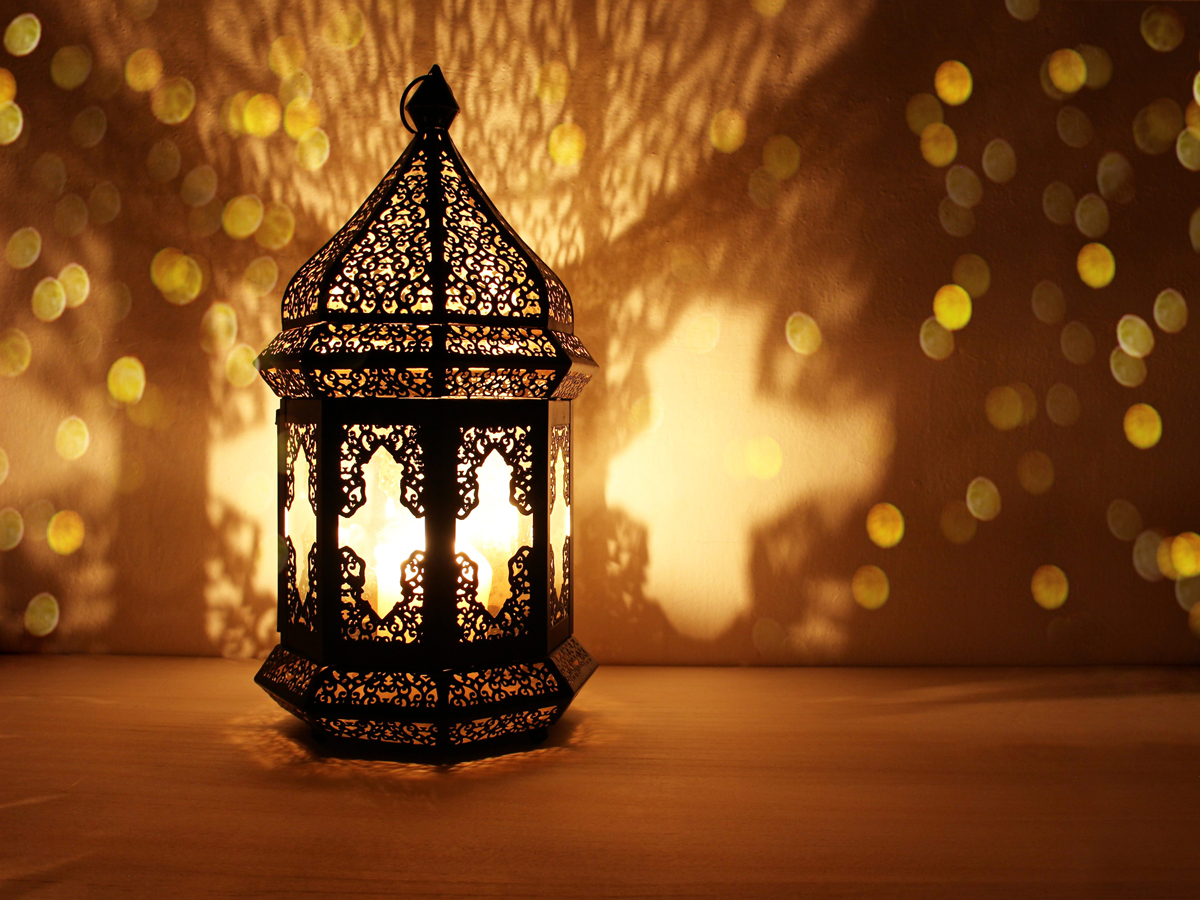Doctors probably aren’t the first people who come to mind when you think about creatives. Ahmed Mater used to be a physician before he became an artist, and is swapping his stethoscope for a paintbrush. At the newly opened Lakum Artspace you can see his (and the gallery’s) first exhibition in the capital, Prognosis 1979-2019, which is open now and reflects on the history of Saudi Arabia.
Riyadh has had to wait a long time to see the artist in action. Mater reflects: “There seemed no better time than now to have my show at a Saudi-run space, we are in a key moment that is celebrating Saudi art. Lakum Artspace is more than just a gallery, as their mission is to showcase, promote and support art from the region and Saudi Arabia.”

Mater had an unlikely start into the art world. His dad was a sergeant in the Saudi Arabian army, and he was encouraged to go into a career like law, medicine, engineering or the army. He recalls: “At medical school, I really enjoyed anatomical drawings and developed a deep fascination with psychiatry. The pull between art and medicine kept tugging at me. I came to feel that it was art that could change life and I enjoyed engaging in social issues.
“It was always somewhat entertaining when a family member would stare at an X-ray and try to see what the human body contains.
That surprise was the same for me when looking at an artwork.”

This background has clearly influenced his art, as he has a forensic eye for detail and X-ray-inspired pieces in Prognosis.
Overall, the exhibition gives off vibes of Leonardo Da Vinci’s anatomical drawings meets Ai Weiwei’s surveillance camera. You’ll go back in time, as the show is divided up by decades, and it also tackles four big themes – coding, proxies, surveillance and whistleblowing. Some of the mediums used go from VHS to CCTV footage and social media.
While most of us would have thrown away our old cassette tapes, Mater knew they’d become useful one day.
He enthuses: “The idea for this exhibition has been in my mind for some time, and I felt that now I have enough material to present it into an exhibition. These findings are presented as both objects and living testimonies. The exhibition includes aspects from my personal research, such as articles, publications, drawings and notations from the years 1979, when I was born, right up to 2019.”
It’s not just big topics he’s prepared to tackle, as he was the first artist who could officially document the Holy City of Makkah, and his image Golden Hour, which shows the sun setting over pilgrims, is a sight to behold.
While the fable stories of Khalila and Dimna – the Hans Christian tales of the Arabic world – have been given a Mater twist. Dating as far back as the eighth century, the morality tales had animal characters, which he has switched for what he calls X-ray paintings.
He explains: “To produce these, I worked with a classically trained Ottoman Tazhib Islamic art illumination specialist painter. Whistleblowing is a strong theme throughout the exhibition, and a metaphor in my paintings called Illuminations, which reveal hidden and dense truths through a mix of fable, fact, fiction and myth making.”

Prognosis is already causing a buzz in Riyadh, a place that Mater clearly sees as
a capital of culture. He beams: “I am focused on developing my studio here in Riyadh which has become a hub for our nascent community of artists in the new Jax District.”
He adds: “It is a very exciting time here now. It is great to have our own Diriyah Biennale, and a focal moment for the cultural entities to come together and present all the strong, unique and artistic talent in Saudi Arabia.
“We welcomed regional and international visitors and put Saudi culture on the map. We hope that this will strengthen not only the top-down government projects, but also the bottom up, grassroots artistic movements.”
So, after all those X-rays and the nostalgia trip, what does he hope people take away? He answers: “I hope it makes people think and rethink how the complex web of cultural, political and social events has informed our contemporary lives in Saudi Arabia during those years.” The doctor will see you now.
Until February 8. 3685 Al Urubah Branch Road, instagram.com/lakumartspace (920 012 083)









